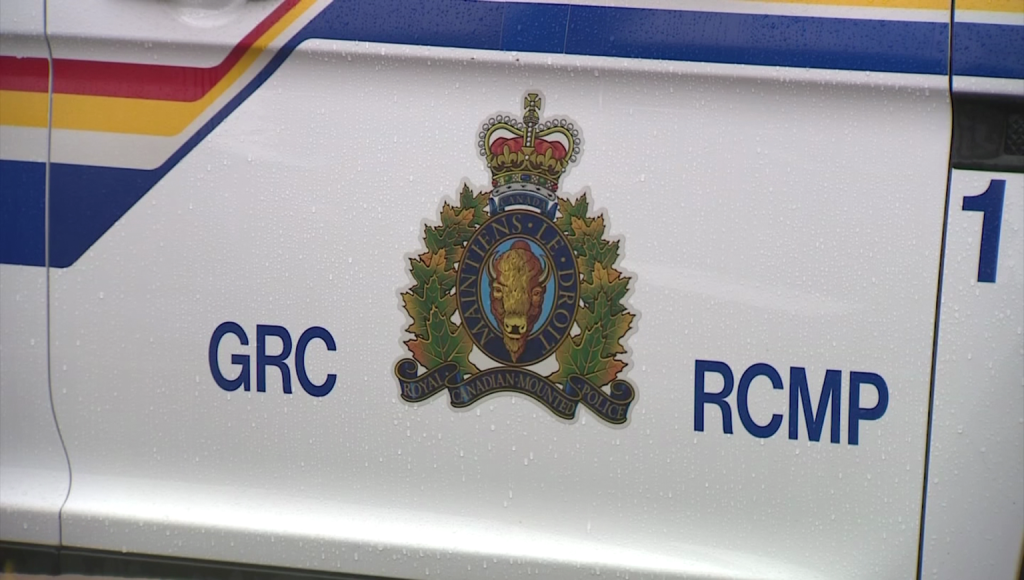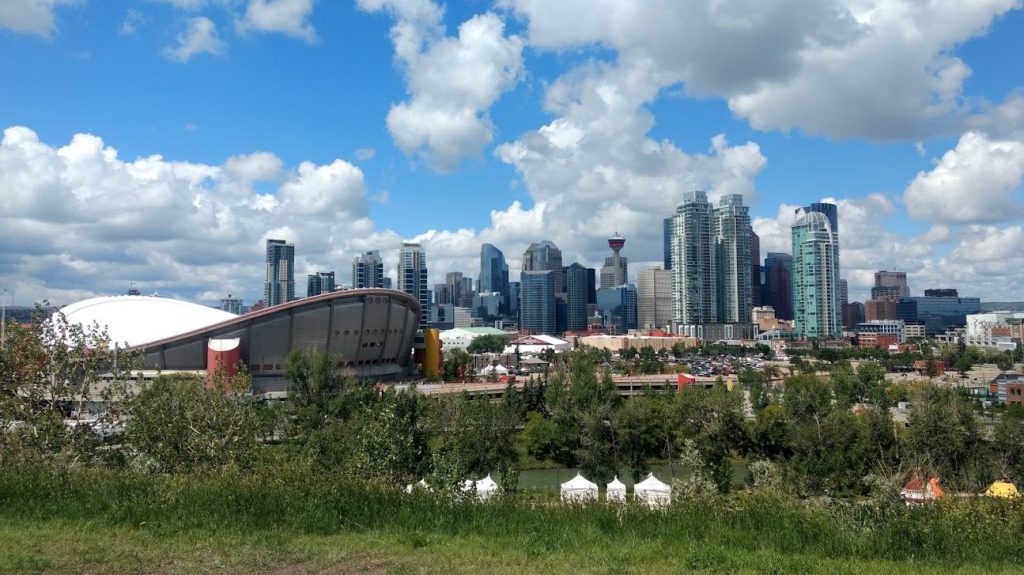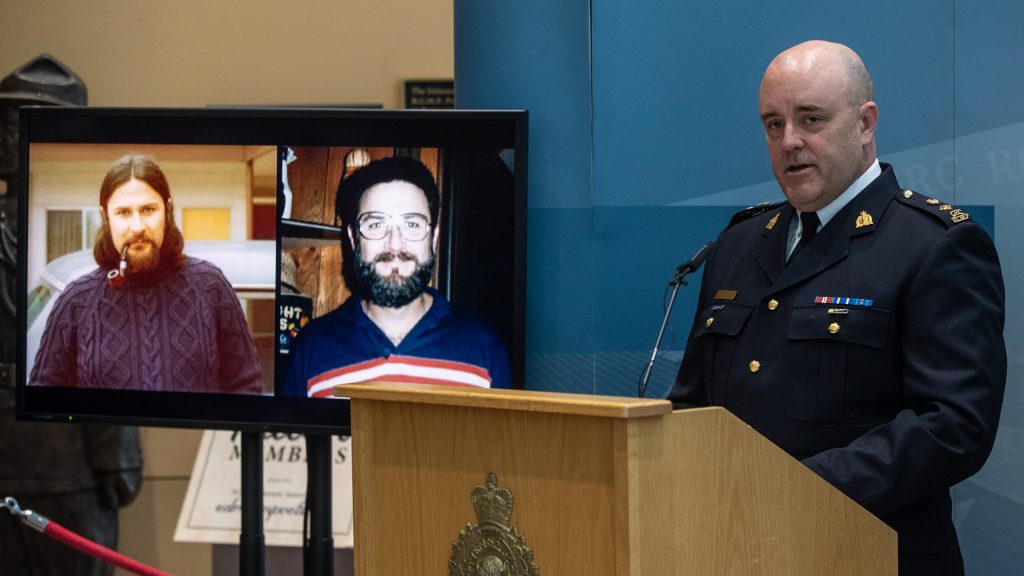B.C. wildfires having detrimental impact on animal habitats
Posted Aug 24, 2021 7:16 am.
VANCOUVER – An expert says wildfires that have scorched Western Canada have incinerated the habitats of critical wildlife populations, which may take years to recover — if they do at all.
Karen Hodges, a professor of conservation ecology at UBC, says scientists are most worried about old-growth forests, which are home to animals such as fisher, Canada lynx, and caribou.
“These big fires are really damaging. Just as they burn human habitation, they burn wildlife habitat,” she explained. “Animals that are in the path of the fires are directly affected, and then they are affected for decades afterward.”
Related articles:
-
Wildfire report author says heat dome highlights need for new plans in wildfire fight
-
B.C. heatwave a sign of things to come, warns climate advocacy group
Hodges notes smaller animals, such as voles and mice, may find it harder to escape wildfires compared with larger mammals, such as wolves or bears. She also explains the blazes burning now are bigger and hotter, while seasons have started early and ended later.
“Then I start getting worried about most of the predators because they need those big ranges to obtain enough prey and keep enough of a population on the landscape,” Hodges said. “As we start seeing big fire, after big fire, after big fire, after big fire, that’s going to be decades over hundreds of square kilometres that’s not great habitat for sometime to come.”
The BC Wildfire Service says nearly 250 fires are burning across the province, down from about 270 a week ago. A number of evacuation alerts have been lifted in recent days because of cooler weather.
#BCWildfire Update*:
•246 wildfires burning in BC
•63 evacuation orders (-1) for 3,978 properties
•117 evacuation alerts (+2) for 14,291 properties
•862,992 hectares burned
•3,409 active firefighters & crew
*Data from Aug 22, 7PM
More info & supports: https://t.co/bcnBcfNL7D pic.twitter.com/i8Rfp0tNqx— BC Government News (@BCGovNews) August 23, 2021
However, many areas continue to deal with tinder dry conditions, despite some recent rain.
Some experts have said climate change is expected to fuel bigger fires that last longer in the years to come.
Kira Hoffman, a post-doctoral researcher with UBC’s forestry department, previously explained drought, heat, and drier conditions will most likely become the norm with future seasons, adding even if there are fewer fires, they will likely burn more intensely and scorch more land.
“Some of the smaller fires are getting more out of control, and we’re kind of getting into the territory of not being able to suppress wildfires,” she explained in July. “So they’re getting bigger and burning more area. We have a few fires that are responsible for a lot of the area burned, and we have these mega fires now, fires that are over about 10,000 hectares in size.”
Read more: Climate change fueling B.C. wildfires now and in years to come, says expert
The warming of temperatures is only adding to concerns. Parts of B.C. saw temperatures climb into the 40s this summer, shattering decades-old records in many areas. Lytton, which was almost entirely destroyed by a wildfire in June, recorded Canada’s hottest-ever temperature three days in a row before flames tore through the village.
The Ministry of Forests says it takes at least six months to complete assessments on the impact of fires on wildlife. Since April 1, 2021, there have been more than 1,500 wildfires in B.C. that have burned close to 863,000 hectares.










